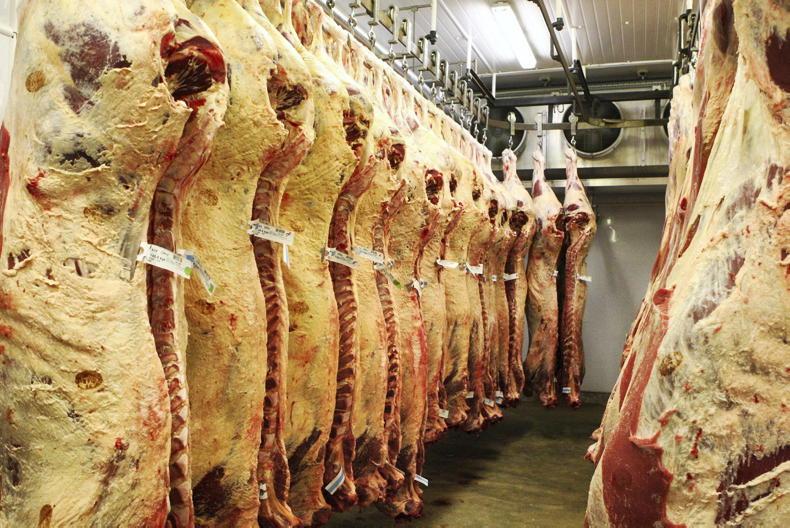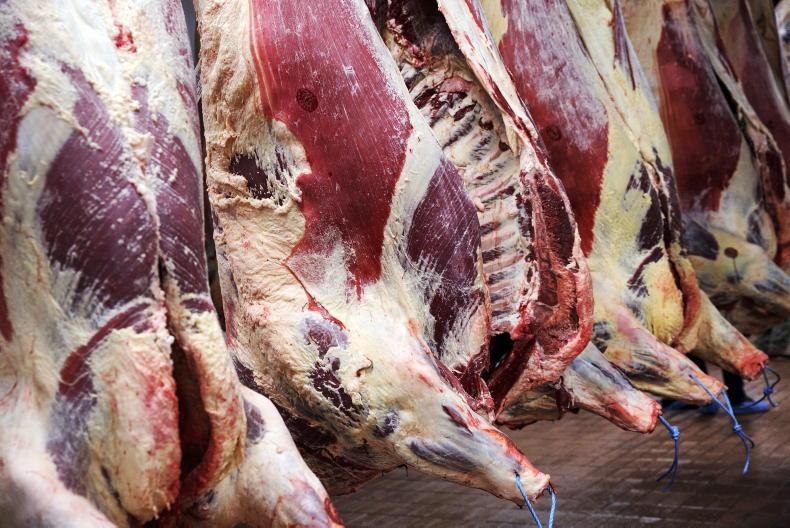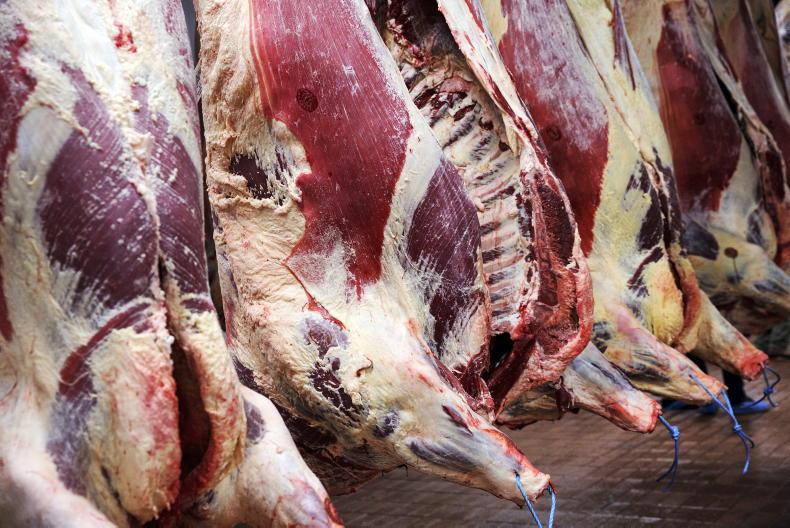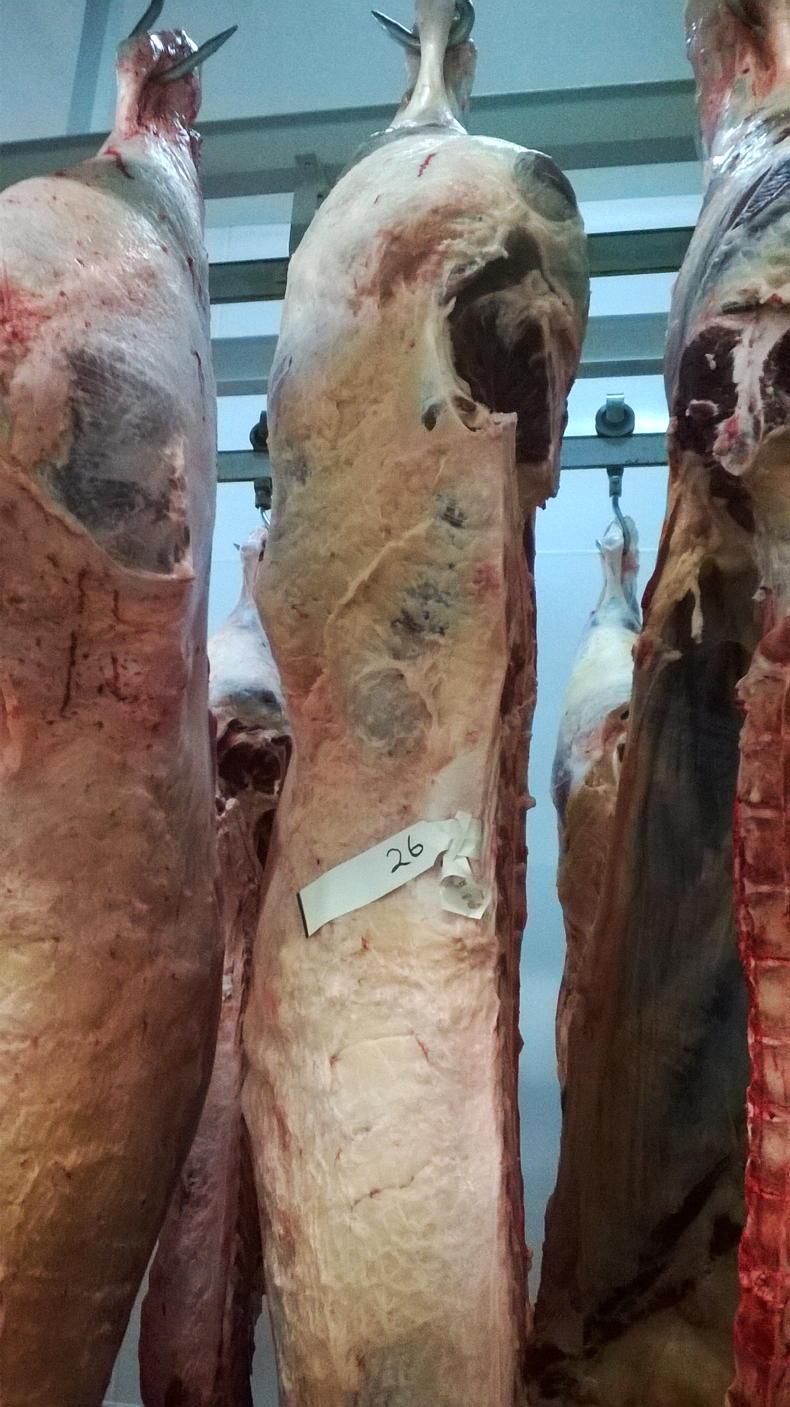A tightening in global beef supply chains has seen beef prices increase across the world.
Cattle slaughter figures in Australia, Brazil and Argentina are all down on 2020 levels and with global demand increasing, prices are rising.
Limited supplies and firm global demand are driving an upwards trend in export prices, with major import markets now actively competing for product.
Argentina has implemented a 30-day ban on beef exports to curb inflation. This will likely create gaps in some markets.
Threat to supply
The new strain of African swine fever across Asia poses an additional threat to food supply and will likely underpin higher global beef prices for the rest of 2020.
Australia, a major player in world beef exports, has seen beef exports down 22% in April 2021 compared with April 2020.
British beef is breaking records with prices up 82p/kg (98c/kg) on this time last year.
Ireland has been locked out of the Chinese market for over 12 months since May 2020
Average beef prices have increased by 29p/kg (33c/kg) since the beginning of February.
The Chinese market is up 20% in terms of beef imports in the first three months of the year. Brazil, Uruguay and New Zealand are the main suppliers in this market, with year-to-March imports from each market up 33%, 47%, and 28%, respectively.
Ireland has been locked out of the Chinese market for over 12 months since May 2020.
Diplomatic efforts to get the market reopened have not yielded any progress yet. In 2019, Ireland exported 12,000t of beef to China worth €31m in value.
This week, prime cattle quotes remain steady, with €4.15/kg to €4.20/kg being quoted for heifers and €4.10/kg to €4.15/kg being quoted for bullocks. Finished cattle supplies remain tight. The reopening of the UK hospitality sector and good weather will likely drive demand for Irish beef further in the coming weeks.










SHARING OPTIONS